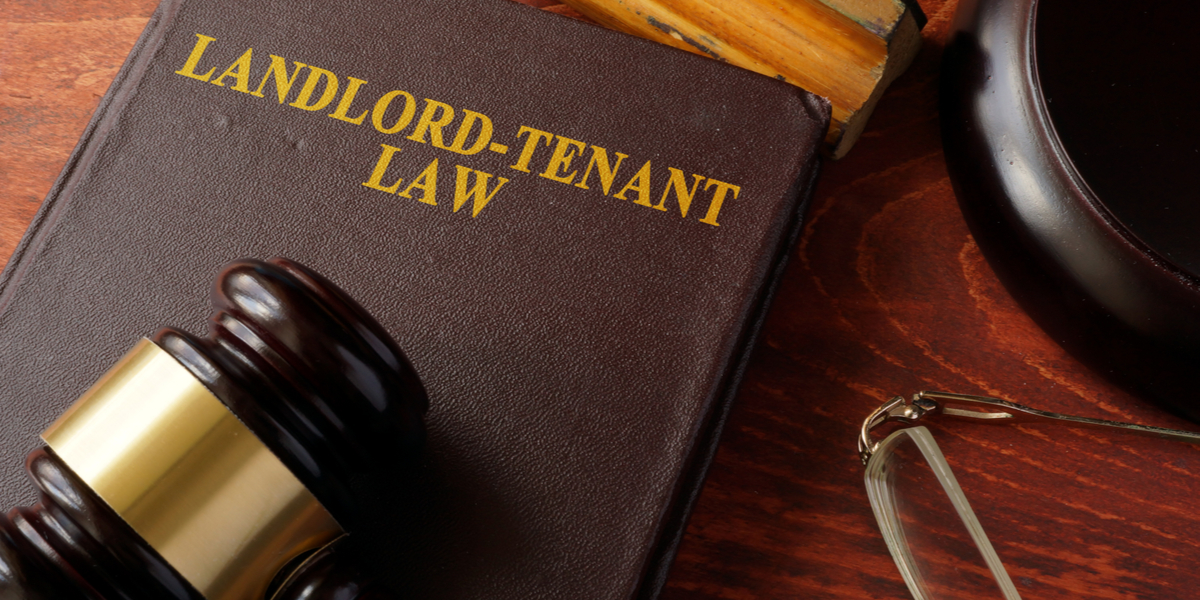Writing A Hardship Letter Religious Accommodation Discrimination
Religious beliefs may exempt you from participating in certain functions or completing certain actions. However, the rules do stipulate that you must make requests for certain accommodations based on your religious beliefs. You cannot, in other words, expect an employer or any other form of organization to guess what your religious beliefs are, and to put the appropriate measures in place. Hence, you will need to write a hardship letter religious accommodation discrimination.
Basics of Writing the Hardship Letter Religious Accommodation Discrimination
Your letter should be a formal one, addressed to the right person. This is likely to be your HR representative, but do check on that first. Make sure, as well, that the letter does not contain any grammatical or spelling errors.
Starting the Letter
The letter should make it clear that you are requesting reasonable accommodation in view of your religious beliefs. For instance, state that there is a company policy in place that requires you to do certain things that are not acceptable within your religion. Attach a copy of the policy, highlighting the issue at hand. For instance, your company may have a certain dress code that you cannot adhere to, expect you to work on what is classed as a day of rest in your religion, and so on. Make sure that you make it very clear what it is that you cannot comply with and why.
Describe the Teachings of Your Religion That Are Relevant to Your Request
State that you are a practicing member of a certain religion. Explain that, under the doctrine of a certain belief in your religion, you cannot perform certain actions, such as shaving your beard or working on Sundays, for example. Based on that, state that you are now requesting for Reasonable Accommodation to be made within your company. Describe what you expect this “reasonable accommodation” to be. For instance, you may ask for a shift swap, provide a substitute, or ask them to waive the requirement in full.
Legal Aspects of Reasonable Accommodation
You are entitled to make this request, and your employer must make these accommodations based on the law of Equal Employment Opportunity. However, the law does stipulate that the employer only has to conform if the accommodation will not cause the company any undue hardship. Hence, your letter should also explain how your request will only pose a minor burden. State that your request is not costly, inconvenient, or unsafe in any way, and should therefore be granted.
Ending the Letter
Always end a letter by thanking your employer for their kind consideration. Be courteous and professional and show that you are willing to meet your employer halfway. For instance, if you are unable to work on a Sunday, offer to work on a different unpopular shift instead, so that your colleagues are not disproportionately disadvantaged by your request either. A final thing to remember is that, as stated, while it is your right to have these accommodations made where possible, you must formally request them. It is your responsibility to make sure your employer has received the letter, and it is your responsibility to follow it up to make sure that your requested changes have been made.
Hardship Letter Religious Accommodation Discrimination Example
{Your Name}
{Your Address}
{Your Phone #}
{Your Loan #}
{Date}
To Whom It May Concern:
I would like to make a request for reasonable accommodation due to religious belief. According to company policy at {Company Name}, I am required to {participate in function/religious event, follow certain dress codes, work on certain days, work certain hours, etc.}. I would like to request an exception based on my religious beliefs and practices.
I am a practicing member of {Religion}. As such, I am unable to {work on Sunday mornings, shave my beard, etc.}. I request Reasonable Accommodation to have {Company Name} {waive the requirement, provide a substitute, allow shift swap, etc.}.
Under the Equal Employment regulations, I am entitled to accommodations provided that they do not cause undue hardship to the company. As this would cause minimal burden for only minor {rescheduling, uniform changes, etc.}, I believe that such a request would not be unsafe, inconvenient, or costly.
Please let me know your decision at your earliest convenience. Thank you for your consideration and understanding in this matter.
Sincerely,
{Sender Name}










